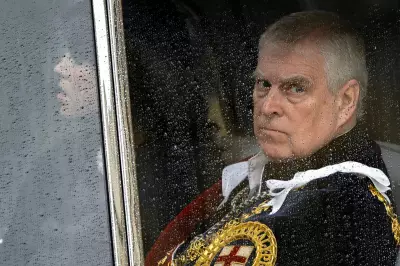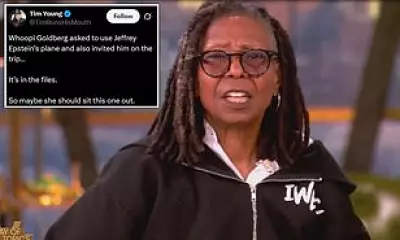
The British Broadcasting Corporation is facing a substantial financial dilemma as it grapples with modernising its archive of classic television comedies. According to recent reports, the cost of editing or removing content deemed offensive by contemporary standards could exceed £100,000 per episode.
The Price of Political Correctness
Beloved sitcoms from the 1970s, including 'It Ain't Half Hot Mum' and 'Dad's Army', now sit at the centre of a costly controversy. The BBC must decide whether to invest significant resources in editing these programmes or potentially remove them from circulation entirely.
Industry experts estimate that the meticulous process of reviewing and altering each episode to meet current broadcasting guidelines would require substantial financial investment. This includes:
- Professional content review by broadcasting standards experts
- Advanced editing technology and skilled technicians
- Legal consultations regarding copyright and artistic integrity
- Recasting of audio where dialogue requires modification
A Lucrative Legacy at Risk
These classic comedies represent more than just nostalgic entertainment—they constitute a valuable revenue stream for the broadcaster. 'Dad's Army' alone continues to generate approximately £1 million annually through repeats and international sales.
The financial implications extend beyond simple editing costs. There's genuine concern within the industry about damaging the commercial viability of these programmes once they've been altered. International broadcasters and streaming services may be less interested in purchasing sanitised versions of these British classics.
Broader Implications for Television Heritage
This situation reflects a wider challenge facing broadcasters worldwide: how to balance preserving cultural artefacts with evolving social sensitivities. The debate raises fundamental questions about whether historical programming should be viewed as a product of its time or modified for contemporary audiences.
As one media analyst noted, "We're witnessing a fundamental clash between preservation and modernisation. The financial costs are significant, but the potential cultural cost of losing these programmes entirely could be even greater."
The BBC has yet to announce a definitive strategy for handling its archive of classic comedies, but with mounting pressure from various stakeholders, a decision appears imminent.






